A production of vermicompost, two banks with more than 70k vegetable seedlings vetiver, a bank of native and exogenous seeds to ensure the conservation of natural species, special publications that will guide teachers to instruct their students and radio programs designed to convey to the community; are the tangible achievements of the agreement between Corpoguajira and WFP (World Food Plan) for conserving River Basin Shrimp.
Corpoguajira and WFP work in partnership from 2012 and in recent 4 months intensified actions to achieve gains in complementary issues to POMCA (Management Plan and Management of Cuenca) Camarones River. These actions succeeded impact 20900 inhabitants grouped in 27 communities living on the banks of the river Camarones and geographically shelters the Sanctuary wildlife and communities like Cachaca 1 and 2.
The vermicompost production center located in Loma Fresca, It is designed to produce 1,5 tons per month, the proceeds of which will be used to feed the soil 27 beneficiary communities and enable them to maintain their subsistence crops to ensure food security and resilience management to climate change.
The two banks vegetable plant exotic India known as vetiver, has more than 70 thousand seedlings and those responsible for their maintenance are educational institutions and Camarones Tomarrazón as a learning process. This plant requires little care and its root reaches 6 mts offering the opportunity to stabilize soils by serving as natural gabions, preventing erosion helping to conserve and protect soils especially in the riverbanks.
The seed bank is a way to recover and conserve native and non-native species that occur in this area of the department and have properties observed in medical applications, nutritional, soil conservation and cosmetics among others. This bank can recover pioneer species that colonize degraded soils dry forest nature helping to spread organic matter generating life in soil with more nutrients for future crops.
The work done in the Camarones river basin is a nationwide pilot proposal. It is necessary that the community aware of the importance of formally associated to convert each of the products delivered entrepreneurial opportunities to ensure sustainability of the project.
Delivered products are the result of WFP's work with Corpoguajira and Wayuu and Afro-descendant communities living in the basin. The study found 50 adaptation measures to climate change prioritizing work under the operational plan in Corpoguajira 5 specific issues: land reclamation, hunting and sustainable fisheries, food and nutrition security, early warning and risk management.

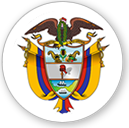

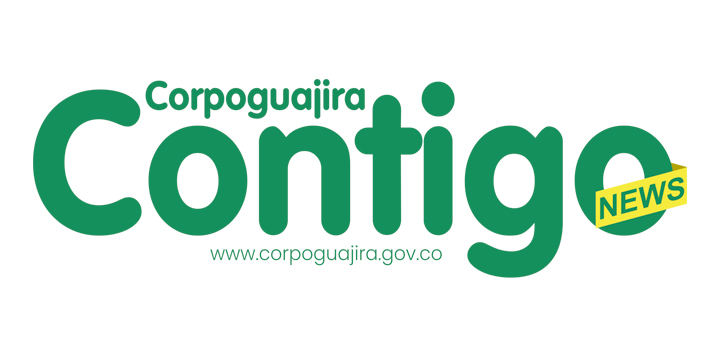



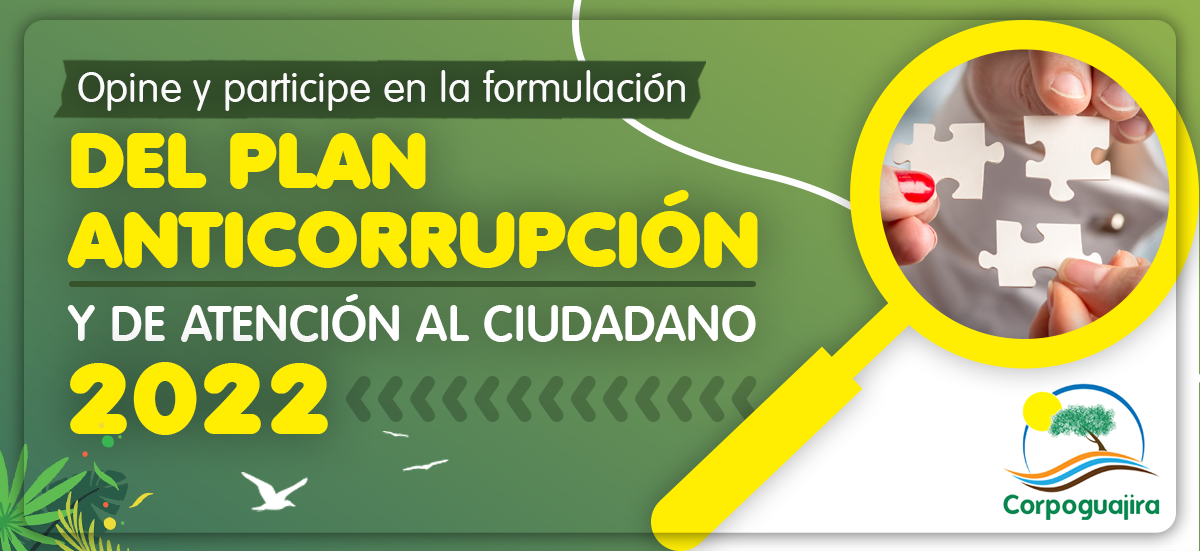
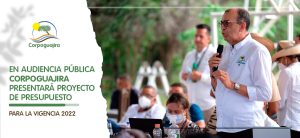







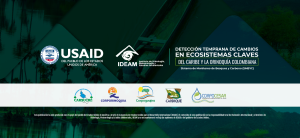










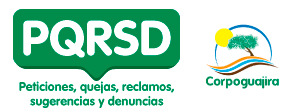
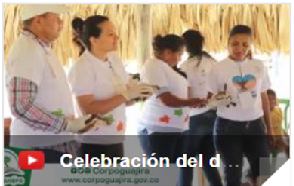


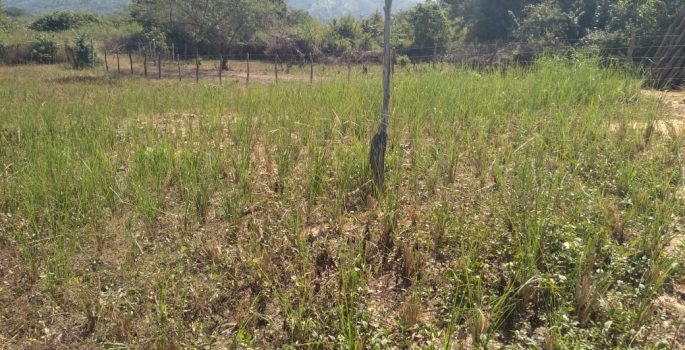
Leave a reply
I am sorry, you should be connected to post a comment.